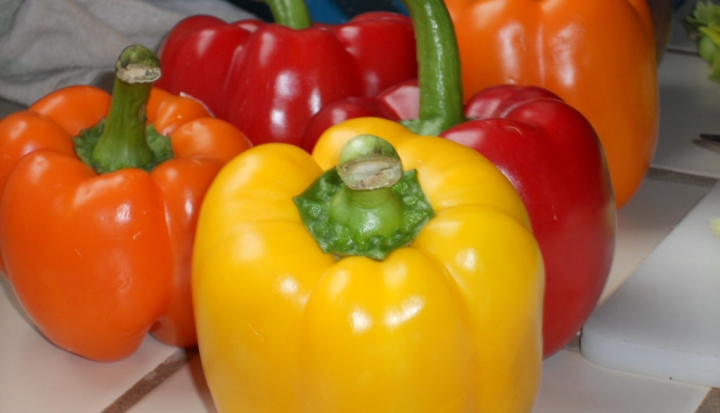Several years ago (five years, to be exact) I went to see Food, Inc., the documentary about the social/environmental/ethical costs of corporate farming in conjunction with the rise of agribusiness and fast food as a regular part of the American diet.
The film brought to light a number of issues including environmental sustainability, the economic and legal power of corporations over individuals, and the way that agribusiness depends (for its huge profits) on the American public to persist in poor (and unhealthy and downright dangerous) food habits.
Last week, Chipotle released this video/commercial that takes on some of those same themes:
The commercial is gaining some praise for its artful animation as well as for its message. It portrays an anti-Big Food message, specifically referencing hormone-injected, penned up animals.
Of course, this is a commercial for a fast-food chain, albeit a healthier and generally more ethical option than some other Big Food chains out there. Nonetheless, Chipotle brings in an annual revenue of $800 million. It's not exactly small potatoes (or burritos, for that matter).
But what this lovely little ad did bring to mind for me is the growing consciousness that food, while often a simple thing that many of us take for granted, is actually a complex and complicated web of economic and social interaction. And when we pause for a moment to reflect, we might realize that food – like health care and housing – is about justice. Who gets what food and when is closely related to economic status, educational opportunities, and where you happened to be born.
In Chicago, somewhere around 500,000 residents live in "food deserts," geographic locations where finding healthy food – fresh fruits and vegetables, whole grains, and low-fat milk – is difficult and unaffordable. In New York City, that number is around 750,000. These food deserts exist in neighborhoods that are generally low-income neighborhoods. More often than not, the residents of these neighborhoods are African American and/or Latino. These neighborhoods often include fast-food restaurants, but not grocery stores. What fresh produce is available might be found in drug stores or gas stations where the prices are prohibitively high. This generally means that residents in those neighborhoods rely on fast-food options and heavily processed foods for their calorie intake, which contributes to so-called lifestyle illnesses such as obesity, diabetes, and heart disease – diseases that affect poor communities at a much, much higher rate than affluent ones.
Food and justice are inextricably linked.
It is no mistake that in the Gospels, some of Jesus' most important moments center around food, and that our worship is centered around a celebration of a meal. As Catholics, food is a remarkably important part of our mission: Jesus told Peter explicitly "Feed my sheep" (John 21:17). The body of Christ is us – the community. It is also bread.
Today, the House of Representatives is slated to take up a bill that would cut the food stamps budget in the United States by $40 billion during the next decade. This would cut nutritional aid to the poorest people in our country, leaving even more people without access to the most basic of necessities: food. When the people looked to Jesus because they were hungry, he multiplied the loaves and fishes to feed them.
What will we do?
Image: By Symphony999 (Own work) CC-BY-SA-3.0 via Wikimedia Commons.













